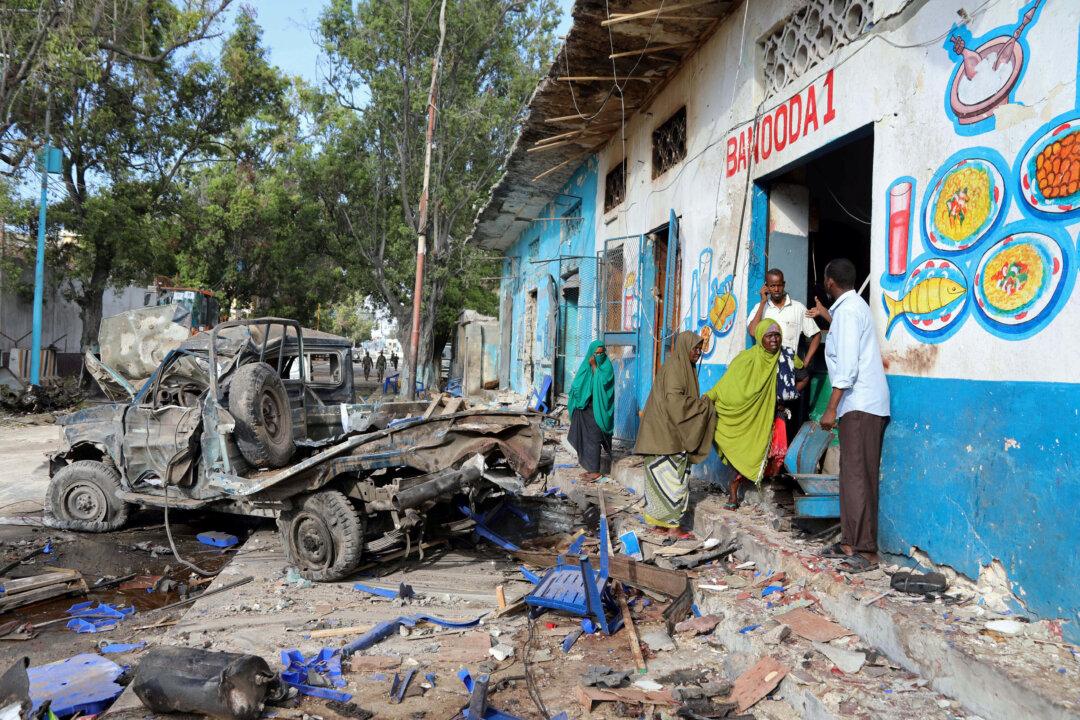MOGADISHU–An Islamist attack on a hotel in Mogadishu ended on Sunday, Oct. 29, after 29 people were killed during a siege lasting nearly 12 hours, police said, prompting the government to sack two top security officials over their failure to stop repeated attacks.
The attack proved once again that terrorists can carry out deadly assaults in the heart of the Somali capital. Twin bombings in Mogadishu two weeks ago killed more than 350 people, the worst such attacks in the country’s history. More than 50 people are still missing.





